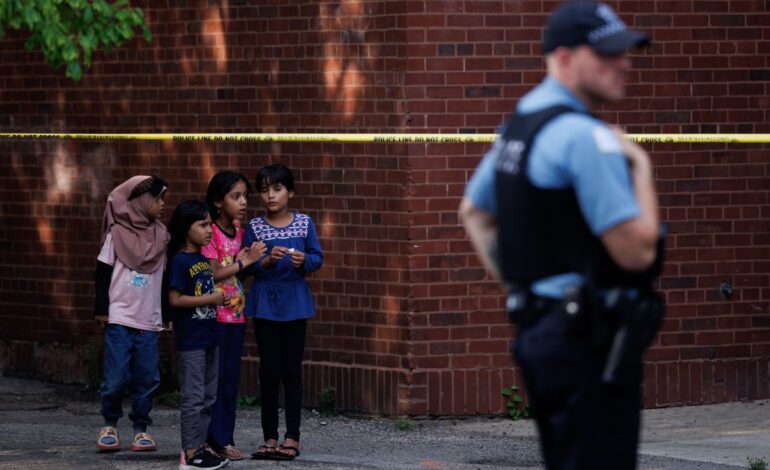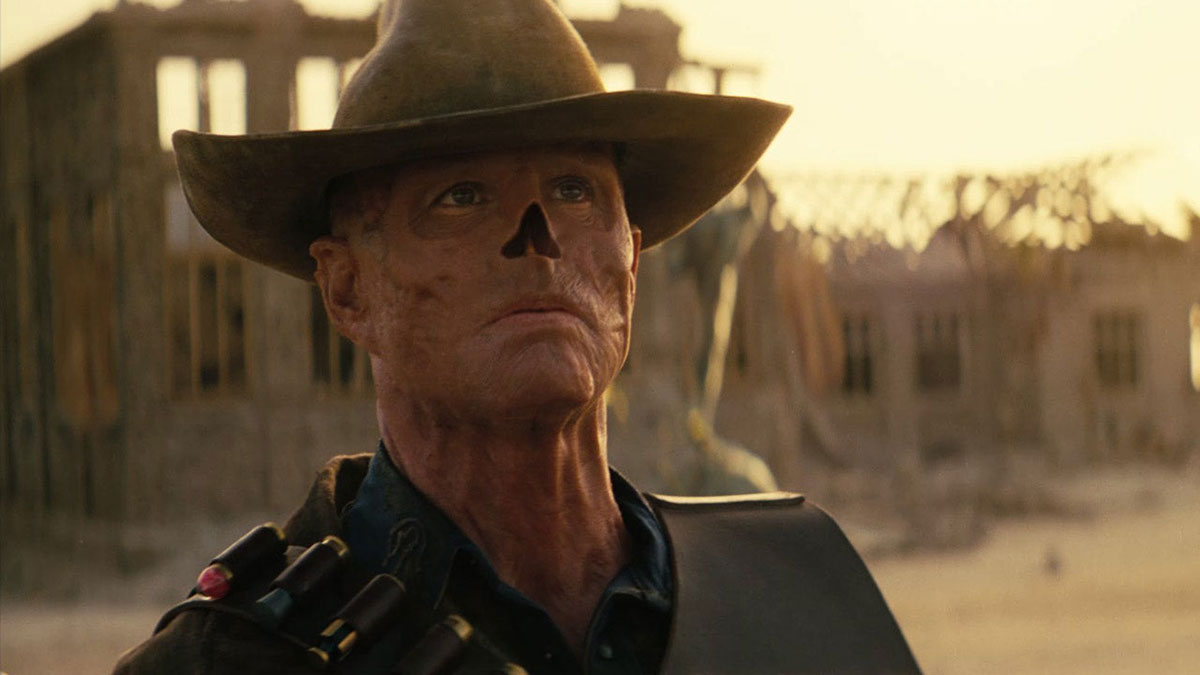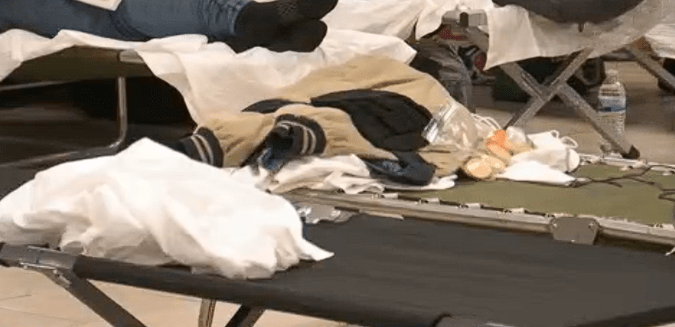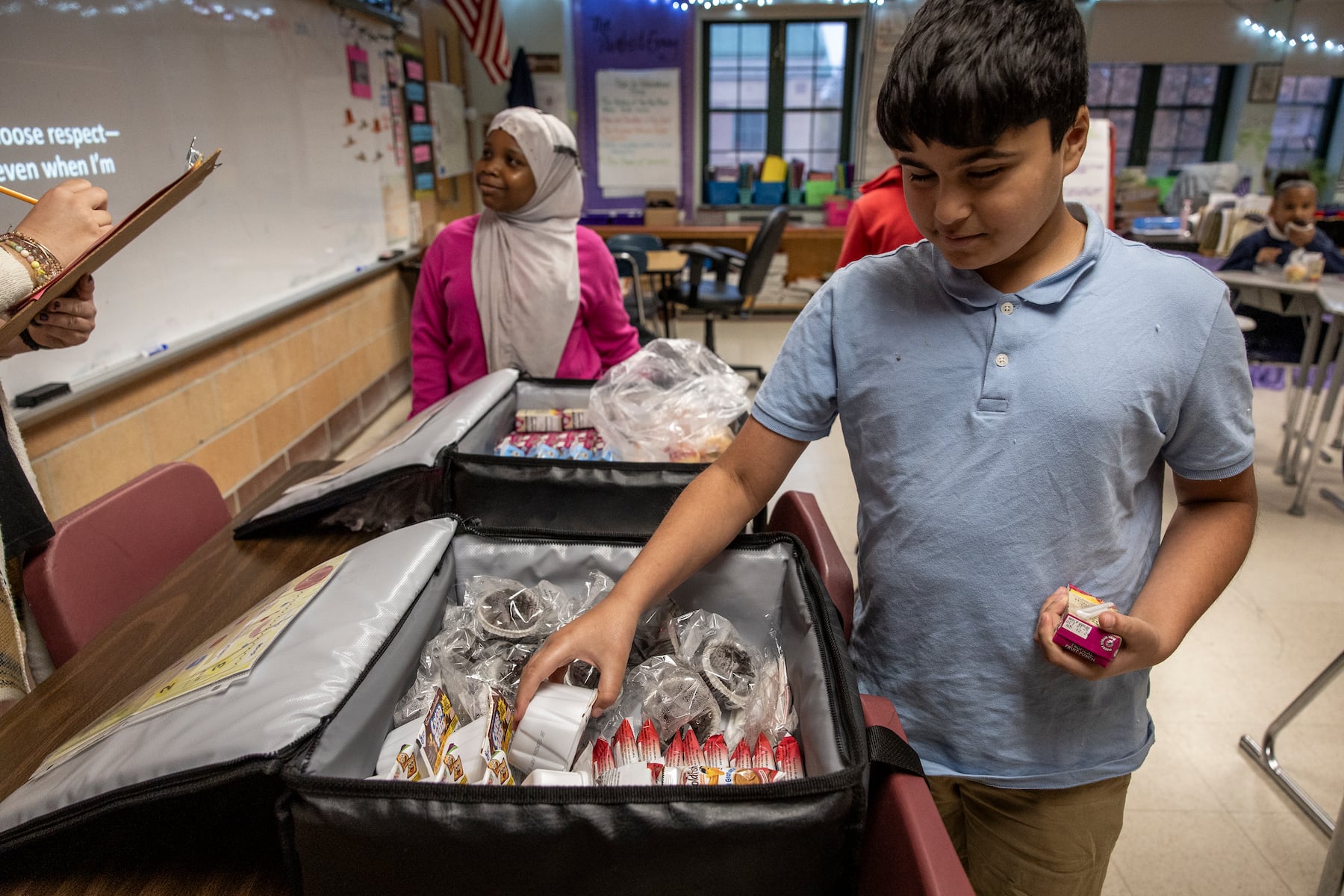Chicago Faces Safety Crisis as Calls for Action Intensify

Recent discussions surrounding public safety in Chicago have intensified as local leaders and residents express concerns over rising crime rates. The city has come under scrutiny, particularly in light of the alarming statistics reported by the Real-Time Crime Index, which show that Chicago leads the nation in homicides over the last 12 months and ranks fourth in aggravated assaults.
Reflecting on the stark differences in public safety between Chicago and Boston, where crime rates are significantly lower, local resident and managing director at Fort Sheridan Advisors, Stuart Loren, highlighted the urgent need for sensible policies to improve safety. In a recent commentary, he noted that while Chicago is experiencing a 13% decrease in total crime year over year, the prevalence of violent crime remains a pressing concern.
During a recent visit to Boston to celebrate his son’s sixth birthday, Loren was struck by the visible safety that Boston offers its residents. The city has garnered attention for its effective crime reduction strategies, as noted in a feature by The Economist entitled “How Boston became the safest big city in America.” While Loren acknowledges the complex socioeconomic factors contributing to Boston’s success, he believes that Chicago must strive for similar outcomes.
The prospect of federal troops being deployed to address public safety issues has sparked a heated debate in Chicago. Loren argues that such a measure, proposed by the Trump administration, would be a costly mistake that risks exacerbating existing problems. He recalls the period of disorder from 2020 to 2021, where the case for federal intervention seemed justified, but he now believes that Chicago’s public safety situation is improving under the leadership of police Superintendent Larry Snelling and Cook County State’s Attorney Eileen O’Neill Burke.
Despite the reported improvements, Loren emphasizes that Chicago cannot settle for an “acceptable” level of crime. He argues for a zero-tolerance approach, stating, “No one should acquiesce to crime, violence, and disorder as a city-living fact of life.” He believes that the community deserves better and that voters must elect pragmatic officials who prioritize public safety over political agendas.
Economic growth is another critical factor in enhancing public safety. Loren points out that Chicago’s economy has grown by only 0.98% annually over the past five years, significantly trailing behind the national average of 2.34%. He asserts that a stronger local economy would provide opportunities for vulnerable residents, leading to safer neighborhoods.
The ongoing challenges facing Chicago’s public safety and economy raise concerns about the city’s political landscape. Loren notes that the potential deployment of federal troops could inadvertently support a far-left movement in the city that has contributed to the current state of affairs. He cautions that if public safety continues to be neglected, a backlash could arise, challenging the existing political order.
As discussions about public safety and economic stability continue, Loren urges local leaders and voters to focus on the fundamentals of governance. He argues that achieving long-term goals related to social justice requires addressing immediate issues of safety, economic viability, and reliable city services. The community’s future depends on the choices made today, and the lessons learned from Chicago’s ongoing challenges must not be overlooked.






